Every dog owner has observed those adorable, rhythmic twitches that resemble our own hiccups. But have you ever stopped to ponder, Why do dogs get hiccups? Just like with humans, hiccups in our canine companions can be a common occurrence, especially in puppies. This article delves into the fascinating world of dog hiccups, exploring their causes, how they differ from other conditions, and what you can do to help your furry friend. Whether you’re a seasoned dog parent or a newbie, understanding this quirky behavior can offer both amusement and peace of mind. Let’s embark on this hiccup-filled journey together!
Why Do Dogs Get Hiccups?
Dogs get hiccups for the same reason we do: it’s a spasmodic contraction of the diaphragm. But while we can get rid of them by holding our breath or breathing into a paper bag, dogs can’t—and that can be dangerous for them.
It contracts and relaxes in short and involuntary spasms instead of a smooth breathing pattern. The most common cause is eating or drinking too fast as they ingest air along with food and water. Moreover, stress or excitement can also be the reason for dog hiccups.
How Do You Know If Your Dog Has Hiccups?
You may notice your dog try to clear its throat, rapidly open and close its mouth or make a ‘coughing’ sound. Some dogs will stand still while they hiccup, whereas others may move around. Also, there are other symptoms to watch out for, which include bluish tinge on gums, vomiting, drooling, gagging, or struggling to breathe normally.
Do Hiccups Hurt Dogs?
In most cases, Dog Hiccups aren’t harmful to dogs, nor can they cause death. However, if your dog is having a seizure along with hiccups, this condition may be life-threatening, and you need to consult a veterinarian at once.
How To Treat Canine Hiccups
Hiccups in dogs mostly go on their own. There are many ways humans can get rid of hiccups, but you don’t have to scare your day by trying any of these methods. However, you can try these things that can be helpful for your four-legged buddy.
1. Calm their breathing
Try to calm your pup so that their breathing will be normal and it may get rid of hiccups. You need to let them lie down on their belly or put their head between the knees.
2. Gently massage the diaphragm
If you are experienced, gently massage the area under your dog’s rib cage for a few seconds until they hiccup.
3. Give them some water
Give a few sips of water to your pup, but make sure that they don’t drink too much water at once. This may lead to vomiting, which is the most dangerous thing dogs can do with hiccups.
4. Give them a treat
It might sound crazy, but yes, you can help them by giving them a treat. It will distract their attention and forget about their hiccups until you give your next command.
5. Just ignore
If you too have the habit of holding your breath for a few seconds, then try to break that habit, as holding your breath may increase your dog’s anxiety level. Just let them relax on their own and ignore their hiccups.
Consult a Veterinarian
If the dog is over 12 years of age and has serious health problems such as heart disease, seizures, or kidney issues, then it’s better to consult with your veterinarian immediately.
How To Prevent Dog Hiccups?
There are various reasons for canine hiccups, but eating or drinking too fast is the most common one. The second reason for hiccups is stress and excitement, which can be dangerous if your dog gets excited before jumping into the water.
Prevention tips
- Don’t let your pup eat or drink too much at once, as it may lead to hiccups.
- If you want to take your dog for a ride in the car, don’t let them get too excited and stressed out.
- Don’t force your pup to do anything they aren’t comfortable with.
- If you have older dogs around 12 years of age, consult with your veterinarian if their hiccups come along with other health issues.

When do Hiccups Become A Dog Health Concern?
If your dog has hiccups and stress, anxiety, or excitement, then get them treated immediately.
When your dog’s hiccups are accompanied by a seizure, drooling, vomiting, or blue color on gums, then it may be the symptom of hypoxia (deficiency in oxygen supply to tissues). You must consult with your veterinarian at once.
If your dog’s hiccups are accompanied by other health problems such as heart diseases, kidney disease, etc., then get them checked with a veterinarian immediately.
When you have a young puppy who is less than 6 months of age and is having hiccups, then it might be the case that their airways are blocked. It can be caused by foreign objects stuck in the airways.
Take your pup to the veterinarian immediately for a proper checkup and treatment plan.
Other Conditions to Rule Out
While hiccups in dogs are usually harmless and often related to minor factors like excitement or rapid eating, it’s crucial to recognize when the spasms aren’t typical hiccups. Several other conditions might resemble or be mistaken for hiccups, but require different approaches for resolution.
Reverse Sneezing:
This is a common respiratory event in dogs where they make rapid and long inhalations, stand still, and extend their head and neck. A loud snorting sound is typically produced. While it might sound alarming, reverse sneezing is generally harmless. However, it’s distinctly different from hiccups and can be caused by irritants like pollen, excitement, or a tight collar.
Coughing:
Persistent coughing can sometimes be mistaken for chronic hiccups. Unlike the rhythmic diaphragm spasms of hiccups, coughs are the body’s way to clear away phlegm, mucus, or other obstructions from the lungs and throat. Persistent coughing can be a sign of conditions like kennel cough, heart disease, or other respiratory issues.
Gagging or Retching:
If your dog seems like they’re hiccupping but also trying to vomit or making a gagging sound, they might have something stuck in their throat. It’s essential to check your dog’s mouth and throat for obstructions and consult with a veterinarian.
Twitching or Seizures:
In rare cases, what appears to be continuous hiccupping could be localized twitching or even seizures. If the “hiccups” are accompanied by other unusual behaviors, loss of consciousness, or uncontrollable spasms, it’s vital to seek veterinary attention immediately.
In all cases, it’s essential to observe the accompanying symptoms and the context in which they occur. If you’re ever in doubt about the nature of your dog’s hiccups or concerned about their health, always consult with a veterinary professional to ensure their well-being.
When To Call Your Vet
If you think that your dog is having a seizure along with hiccups, then it may lead to hypoxia (deficiency in the supply of oxygen). This can be life-threatening, requiring immediate attention from a veterinarian.
If your dog’s hiccups are accompanied by swelling on the throat or neck, it may lead to glottal or laryngeal paralysis. This condition will require immediate medical attention from a veterinarian.
If your dog is having other health problems along with hiccups, then go and visit the vet immediately for a proper checkup and treatment plan.
Remember: Consult with your veterinarian if you find any other symptoms while your dog has hiccups. It includes difficulty in breathing, dizziness, nausea, or vomiting.
Final Word
So there you have it! Now, you know why do dogs get hiccups and what to do when they have them. If you have some tips or tricks on treating a dog with hiccups, let us know in the comment section below. We would love to hear from you!
Frequently Asked Questions (FAQ)

Why do dogs get hiccups?
Dogs can get hiccups for several reasons, including excitement, rapid eating, temperature changes, and ingestion of irritants. Just like in humans, hiccups in dogs are caused by involuntary contractions of the diaphragm.
Are hiccups harmful to my dog?
Generally, hiccups are harmless and will go away on their own. However, if they persist for an extended period or are accompanied by other concerning symptoms, it’s essential to seek veterinary advice.
How can I help my dog stop hiccupping?
Offering your dog water, engaging them in calm activities, or providing a light massage can sometimes help in stopping the hiccups. However, they usually subside on their own.
How long is it normal for hiccups to last in dogs?
Hiccups usually last for a few minutes. If your dog’s hiccups persist for more than an hour or occur very frequently, it might be a good idea to consult with a vet.
Is it normal for puppies to get hiccups more frequently?
Yes, puppies are more prone to getting hiccups than adult dogs, mainly due to their high energy levels and excitement.
My dog’s hiccups sound different. Should I be worried?
If your dog’s hiccups sound more like coughing, gagging, or sneezing, it could be another condition. Always observe any accompanying symptoms and consult a vet if in doubt.
Can certain foods cause hiccups in dogs?
Rapid eating or consuming spicy or irritating foods can occasionally lead to hiccups in dogs. Ensure your dog eats slowly, and be cautious about the treats you give them.
Are hiccups a sign of a more serious condition in dogs?
While hiccups themselves are typically benign, persistent or chronic hiccups could be indicative of a more significant underlying issue. It’s always a good idea to get a vet’s opinion if you’re concerned.
Can I give my dog any medicine for hiccups?
It’s not recommended to give your dog any medication for hiccups without consulting a veterinarian.
What’s the difference between hiccups and reverse sneezing in dogs?
Hiccups are rhythmic contractions of the diaphragm, whereas reverse sneezing involves rapid and prolonged inhalations, often with a snorting sound. The two are distinct events and usually have different causes.
Remember, always consult with a veterinarian regarding any health concerns with your pet.





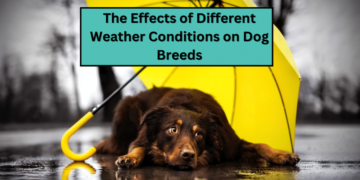

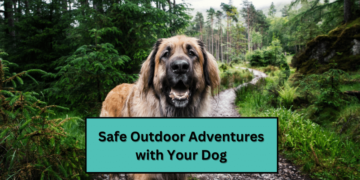
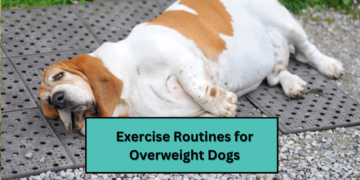
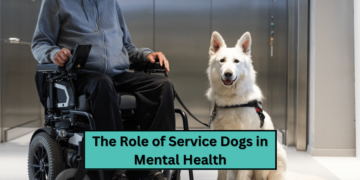
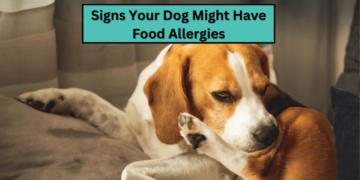

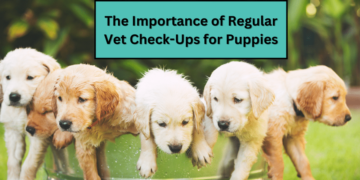
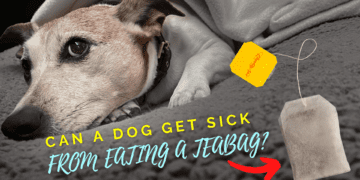

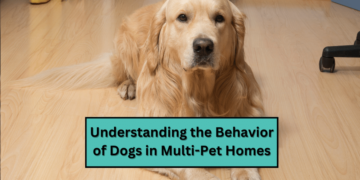
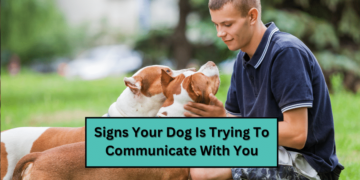
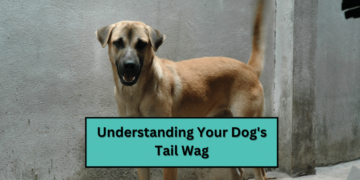
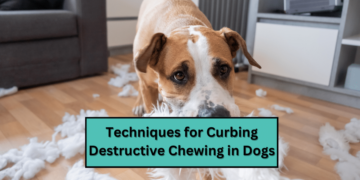
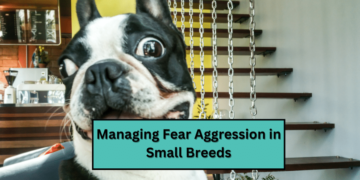
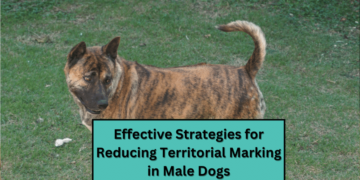
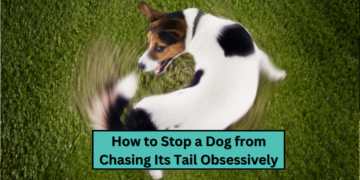

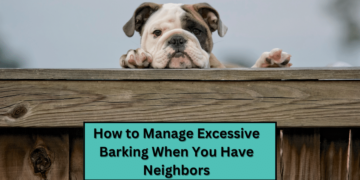




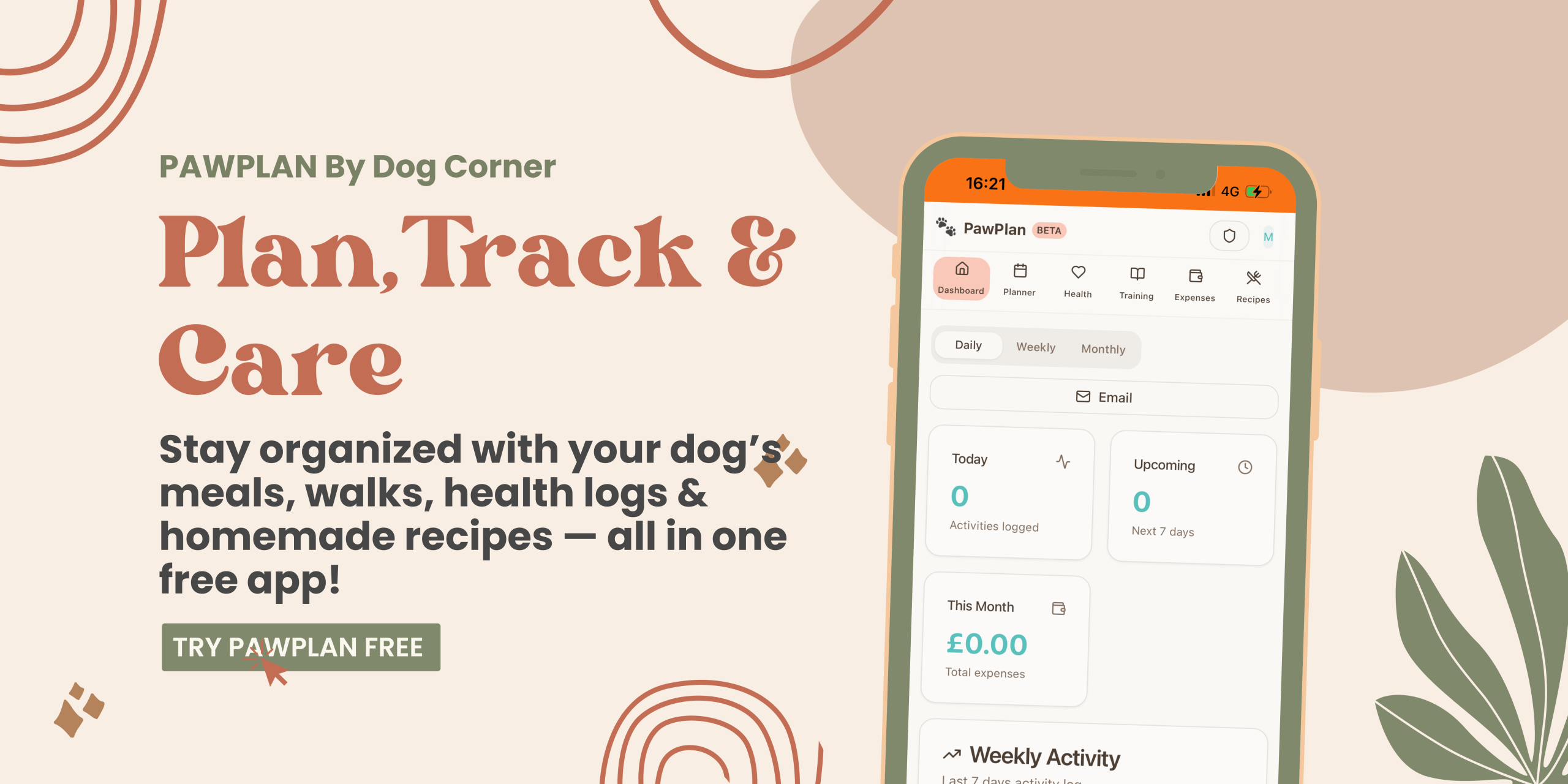








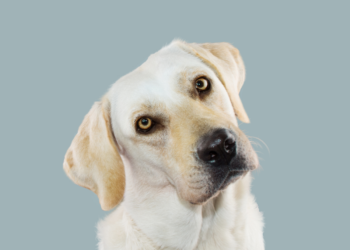

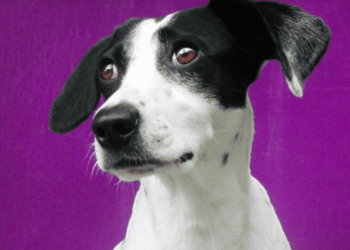











Discussion about this post